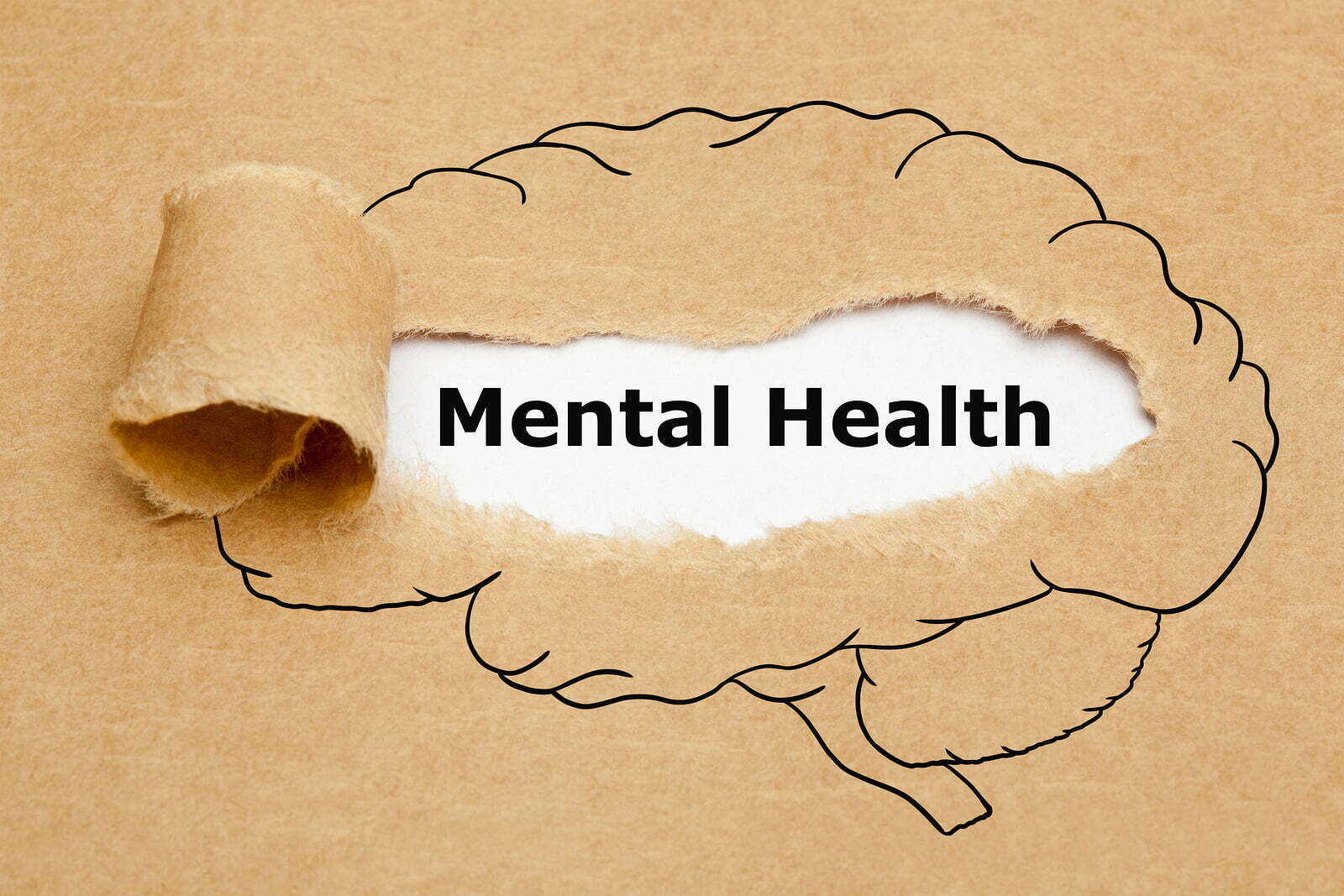People experiencing homelessness and terrible mental fitness are among Australia’s most vulnerable citizens. Without relaxed housing and an on-hand cognitive healthcare machine, recuperation from intellectual contamination is significantly compromised.

And the approaching Royal Commission into Victoria’s Mental Health System may be judged by how it responds to this crisis of intellectual fitness and housing. In the latest weeks, we conducted a census of data from the Melbourne-based community organization Launch Housing. We discovered that 44% of the two 023 customers had been experiencing a mental infection. Only half of these customers had received assistance from an intellectual fitness carrier. Our interviews with those customers display how the Victorian mental health system, again and again, fails this institution. Without exception, those clients emphasized the importance of secure and lengthy-time period housing to mental health stability and healing.
One individual informed us:
You’re homeless, and that’s the most important thing […] your intellectual nation, it’s simply were given to be put on preserve […] you don’t want to go and see every person approximately your mental country due to the fact you want to house, and that’s all you’re truly concentrating on: wherein am I going to sleep this night? People often cycle through the intellectual healthcare device. This system includes the number one fitness care offerings and specialist community-based and inpatient hospital services. Many then exit this machine into homelessness, best to return time and again to health center-primarily based care, and from time to time, the prison machine. In Victoria, for instance, more than 500 humans are discharged from acute mental healthcare every 12 months into rooming houses, accommodations, and other sorts of homelessness. And discharging a person into homelessness is unacceptable.
Tragic outcomes
These mental health disasters and housing structures occasionally result in tragic effects. A review of Launch Housing’s client dying sign-up suggests 45 recognized deaths of current or former customers from June 2018 to June 2019. Not all deaths are at once on account of mental fitness. However, mental wellness contributed to many of the 45 who died of different causes in this era. Thirty-seven people had self-disclosed intellectual contamination, and 18 were in contact with intellectual health services at their deaths. These aren’t new issues, and beyond, reviews of Australia’s intelligent fitness devices have resulted in ignored opportunities for action. Fortunately, there are acknowledged solutions. Here are three steps Australia can take to enhance the intellectual fitness of humans experiencing homelessness seriously.
1. Sustain rental tenancies
Programs and those sustaining a condominium tenancy when a person has a mental health episode are immensely treasured. They assist households homeless or prone to homelessness by providing monetary and practical assistance to establish and preserve their non-public condominium tenancies. Maintaining tenancies is essential with a chronic shortage of less costly personal rentals and a gross below-deliver of social housing in Victoria.
2. Improve support from health facilities with appropriate housing
Humans should be supported with suitable accommodation when transitioning from a medical institution after an intellectual health episode. It’s common for adults experiencing homelessness and intellectual contamination to be hospitalized, after which they are discharged without a secure location to stay, including the masses of Victorians who left mental healthcare and landed into a form of homelessness. What’s greater, American research from 2013 into intermediate care of human beings experiencing homelessness showed that scientific respite programs lessen destiny clinic admissions, inpatient days, and medical institution readmissions. They additionally result in progressed housing effects.





